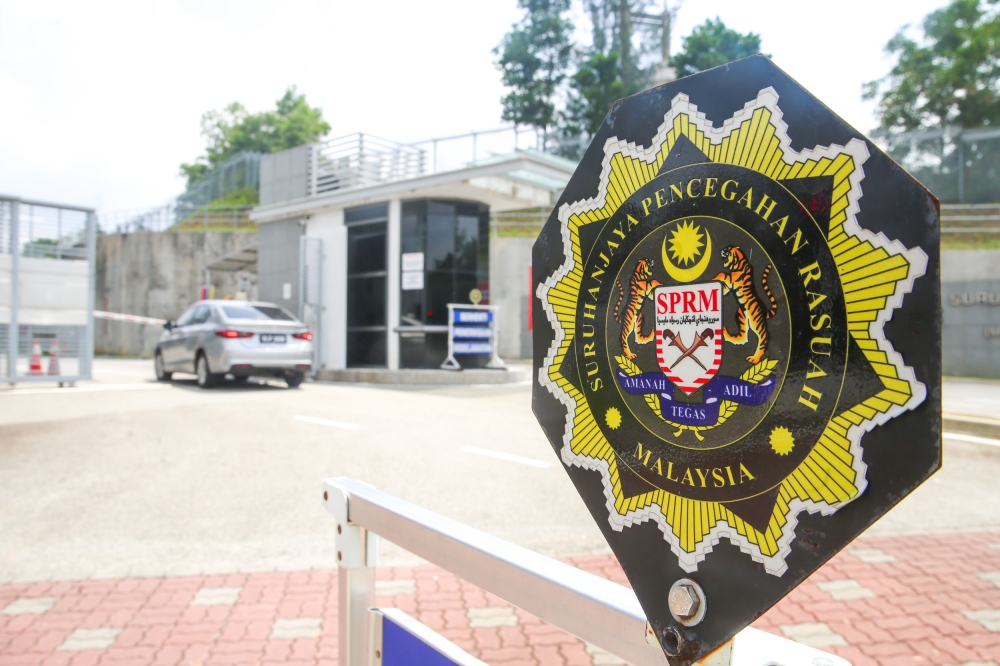SINGAPORE, July 5 — The Ministry of Home Affairs (MHA) is mulling legal amendments to make it easier to establish that renovation fraud has occurred, after the authorities investigated 100 such cases between 2019 and 2021, Law and Home Affairs Minister K. Shanmugam said yesterday (July 4).
Out of these cases, 72 were prosecuted in court, he said.
Shanmugam was responding to a parliamentary question by Murali Pillai, Member of Parliament for Bukit Batok Single Member Constituency, on whether there has been an increase in criminal cases involving renovation contractors taking deposits for renovation works they did not plan on completing.
Renovation fraud occurs when contractors become uncontactable after receiving payment, or give excuses on why they are unable to complete the promised works.
At present, contractors who deceive victims into placing deposits for renovation works without intending to carry out such works could be charged under Section 420 of the Penal Code, which targets aggravated cheating.
But Shanmugam yesterday highlighted the difficulty of establishing fraudulent intent in court.
He said that some cases involve “genuine business distress” where the contractor may not have been able to do the work. For example, some contractors were also unable to fulfil their contracts due to the economic situation during the pandemic.
Murali also asked about losses caused by such reported cases in 2022 so far, and how much has been recovered.
In response, Shanmugam said that recovery of monies in these cases can be difficult as the culprit may no longer have the money.
Even if he or she serves a jail term, their victims may not get their money back, he added. Shanmugam did not say how much money were lost due to renovation fraud.
He urged homeowners to consider engaging contractors with a good track record, such as those accredited under the joint accreditation between the Consumer Association of Singapore and Singapore Renovation Contractors.
Past cases
In one case, a husband-and-wife team worked together to trick homeowners and subcontractors, with about S$1.8 million (RM5.7 million) in reported losses.
In 2019, Aszrul Yusoff, 39, was sentenced to five-and-a-half years’ jail for helping his wife Husniyati Omar, 42, run the scam. She was sentenced to a jail term of seven years and nine months in 2018 for masterminding the scheme.
The couple posted advertisements on the company’s Facebook page, where they promised low quotations and free air-conditioning units to customers if they took up home renovation contracts with the firm by a stated date.
Though they had no intention of completing these renovation works, they deceived their victims in a detailed written agreement, which induced victims to make payments.
The couple only carried out partial works, like hacking, carpentry works and installation of air-conditioning units, but asked victims to make additional payments before the renovation work could be completed.
Husniyati was arrested in 2017 but while out on bail, asked a former employee to set up another renovation firm, through which she continued to cheat victims with a similar modus operandi.
In a separate case, Chan Chee Kuen, 49, cheated more than 100 people of S$247,000 for renovation works between 2017 and 2020.
He went door-to-door at Housing and Development Board flats to solicit business, taking up orders and collecting deposits from interested homeowners before subcontracting the orders to a supplier.
However, he used the deposits to pay off gambling and personal expenses instead of paying his sub-contractor, who stopped working with him after he failed to pay up.
Even though Chan knew that he would not be able to find another supplier, he continued to tell customers that he would be able to continue provide contracting services for renovation works.
To collect more money from customers, he also told them that he planned on buying additional materials for renovation works, even though he had to intention to buy these materials.
He promised over 100 homeowners that he would provide renovation works such as hacking of kitchen floors or installation of sliding doors but these works were not carried out.
Chan was convicted in February and his case is pending sentencing. ― TODAY






















